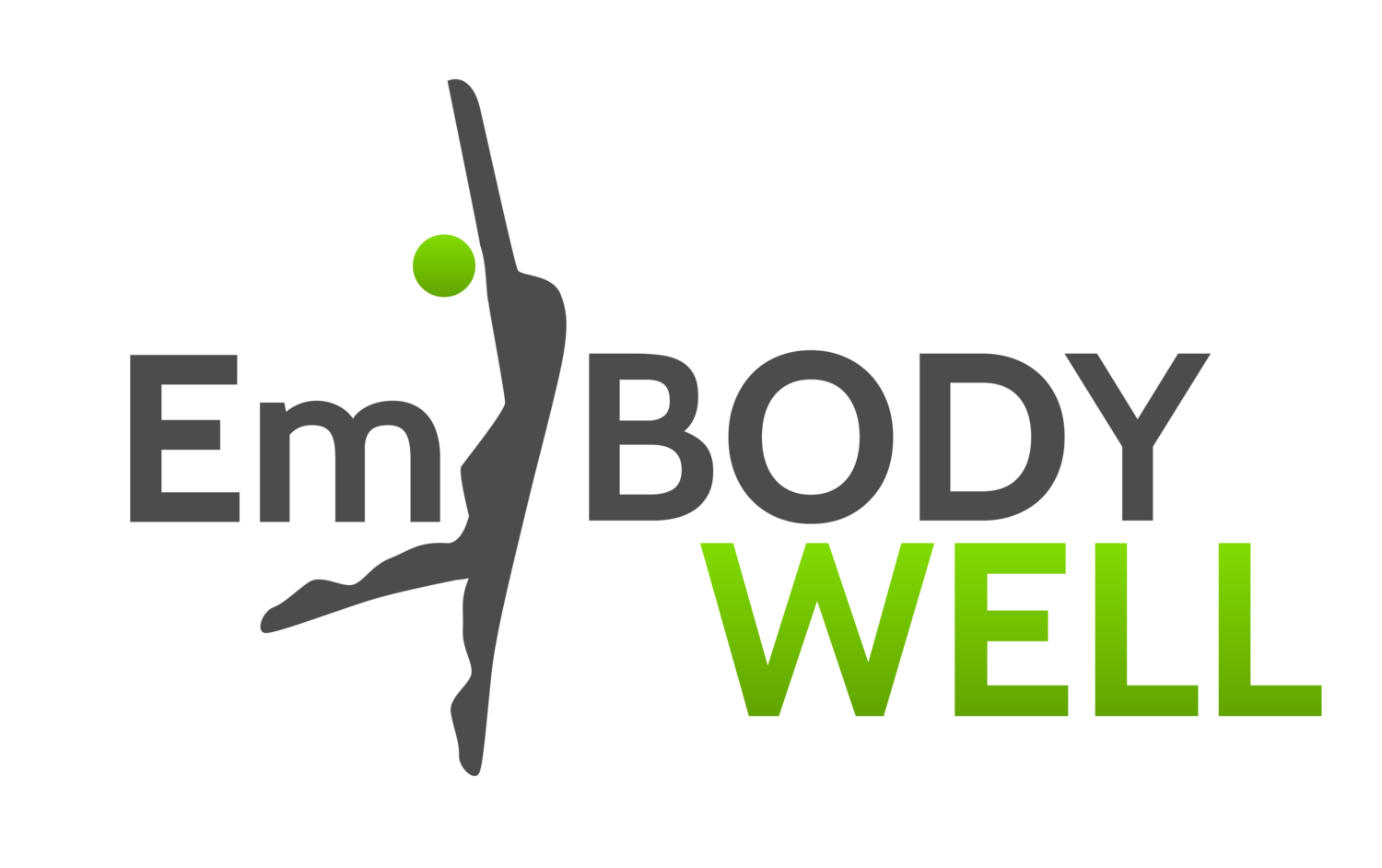Dear dean@college.edu: Prepare your graduates with wellness curriculum
The world is changing and so is the state of health and wellness of the people in it. In the United States, despite a focus on “health” and the evolution of “nutrition science” and “exercise science,” we have continued to get sicker* and fatter**. This is addition to even higher rates of chronic disease and/or obesity, especially among specific populations.
As a society, we have a responsibility to address this growing problem because it affects our society not only physically but also economically. As individuals, especially parents, we have a personal responsibility to ourselves (and our children) to address the problem. As a wellness coach, I have made it my career because I believe wellness (not just physical health) is critical to addressing other problems in our society as well.
Between the society and the individual, there is a potential solution. Higher education institutions are extremely well positioned to address societal health and wellness through the individuals they educate and influence. In fact, colleges (and other higher education institutions) are uniquely positioned to do so as educators and “preparers^” of their students to be “productive members of society.” From the student perspective, at the higher education stage, there is an inherent focus on developing and establishing the skills and habits to make that “productive contribution to society.”
Add to this 2 additional facts:
#1 - there is unfortunately a lack of nutrition education to or from most of the medical community (“Out of the 116 medical schools in America, 68 have no requirement for nutrition classes. The remaining schools require just an average of two credits, basically one course, about nutrition.” -John La Puma, M.D.^^)
#2 – health and wellness are critical factors in an individual’s educational preparation, learning and growth (you learn better when you are well).
…and it becomes evident that higher education institutions actually have a responsibility to provide practical health and wellness education (and activity) as part of their curriculum.
Yet, the “freshman 15” is still a “tradition” we seem to accept. And, as critical as eating healthy, being active and overall well-being is to our consequent ability to learn, it is a missing piece from the education at most of our higher education institutions. While I am heartened by initiatives such as Spelman College’s Wellness Revolution, Clark Atlanta University’s Health Center and Stanford University’s Senior Cooking Series (the latter two with whom I have worked to create curriculum), I would like to see many more active partnerships between higher education and wellness professionals. I genuinely believe that more practical, curricular wellness programming at the higher education level will truly support a mission to not only create but enable the creation of prepared graduates, and, consequently, a productive society.




